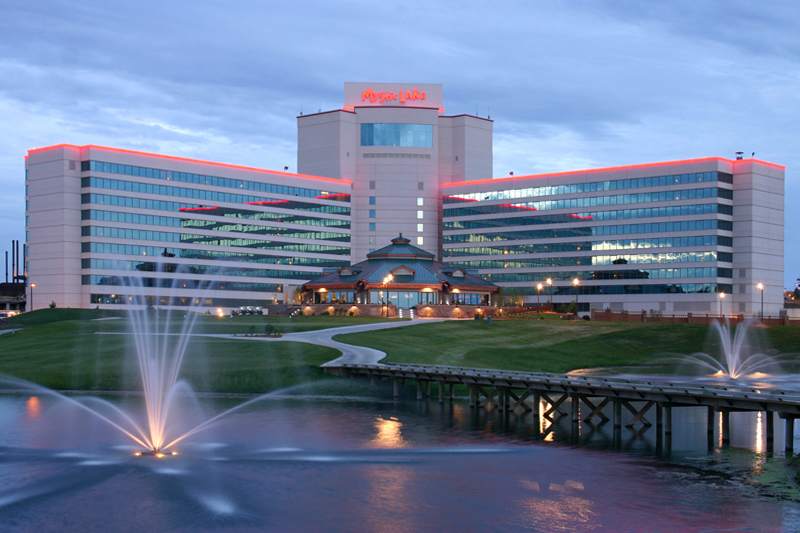Tribal casinos in Minnesota are slowly reopening after months of being closed during the COVID-19 pandemic.
And with all of the reopenings and potential reopenings of these casinos, there are many changes being made to comply with social distancing guidelines and safety restrictions — put in place to help slow the spread of COVID-19.
One of the largest casinos in the state, Mystic Lake in Shakopee, reopened on May 26 in what the Shakopee Mdewakanton Sioux Community called a “phased approach” to reopening. The tribe’s nearby Little Six Casino is also open.
The casinos released a video celebrating the openings.
“Know that the health of you, our guests, and our team members will always be our priority. Welcome back…”
In order for the casinos to reopen, all guests and team members are now required to wear face masks. Health officials say face masks reduce the likelihood that the wearer, who might have COVID-19 without even knowing it, will transmit a virus to others.
Guests’ temperatures will also be checked at entrances using “noninvasive thermal temperature” scans. Any guests showing symptoms of illnesses will be required to leave.
Symptoms of COVID-19 include fever, cough, shortness of breath, chills, headache, muscle pain, sore throat, or loss of taste or smell.
Other changes to Mystic Lake’s health protocols include the cleaning and sanitation of public areas, slot machines and tables multiple times per day. The initial reopening is limited to slot machines and table games areas.
Many other tribal casinos in the state will be implementing very similar safety protocols when they open. Treasure Island, for instance, is slated to reopen in early June.
And the Mille Lacs Band Of Ojibwe announced a similar “phased approach” to reopening the two Grand Casino locations, but have not given a date just yet. The band is asking band members their thoughts on reopening in the meantime.
Echoing what’s happening elsewhere around the world, tribes are balancing opening up casinos — which are critical to many tribal economies — and the safety and protection of their vulnerable, including elders.


 Tribal Leaders are Deciding When and How to Re-open
Tribal Leaders are Deciding When and How to Re-open